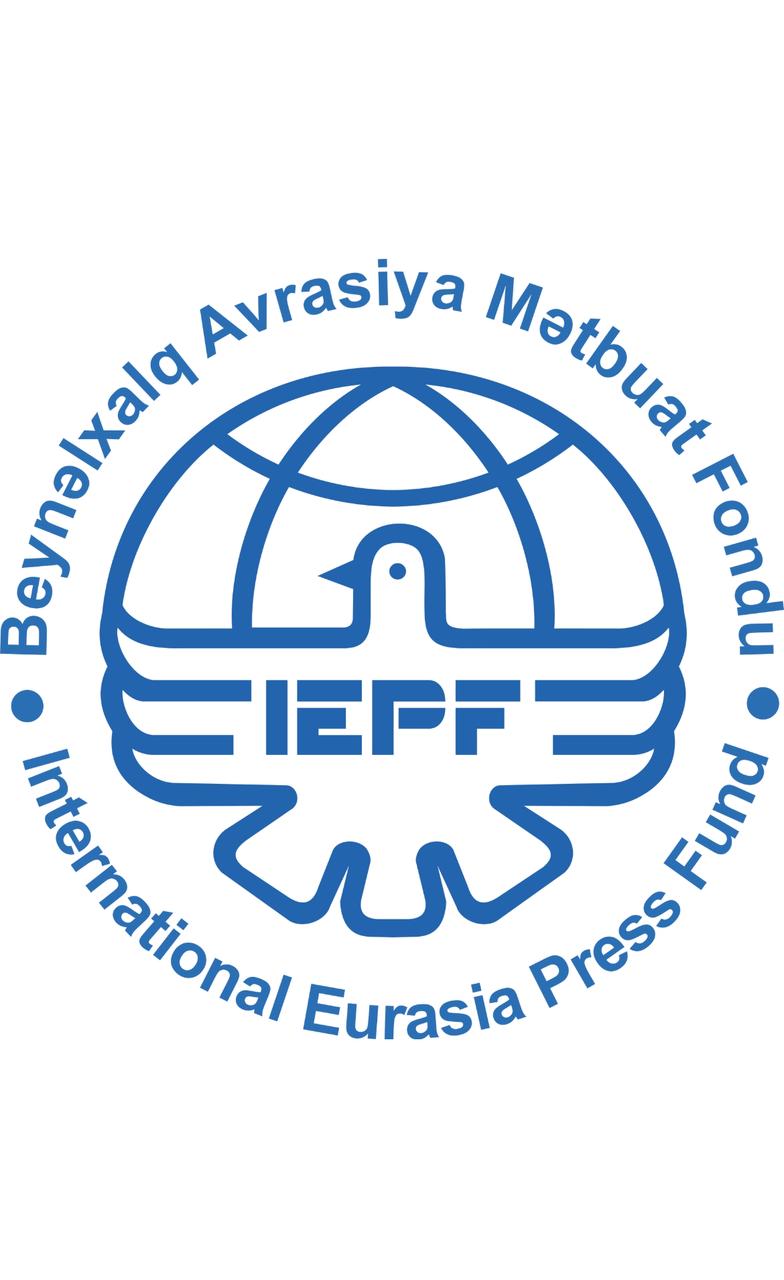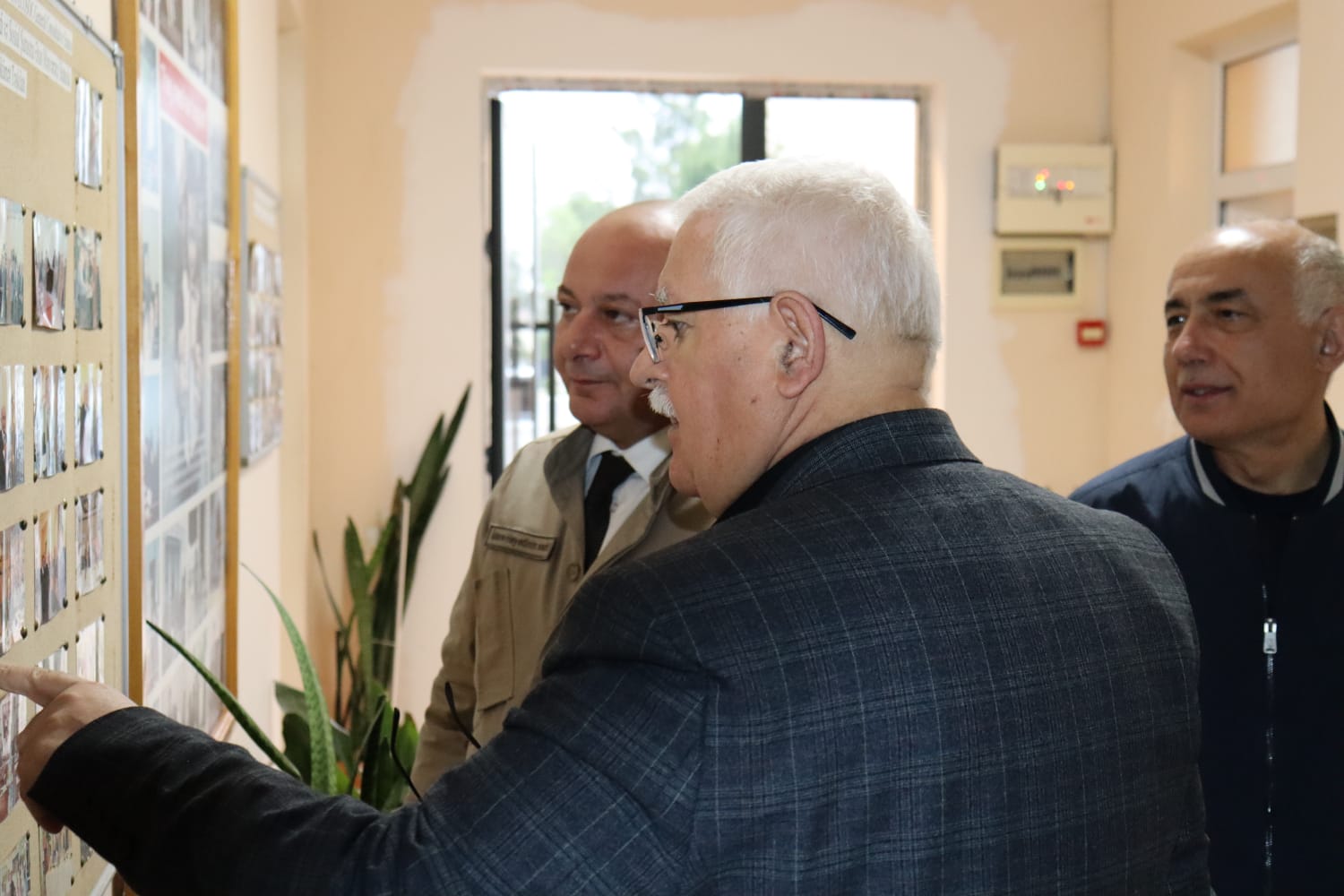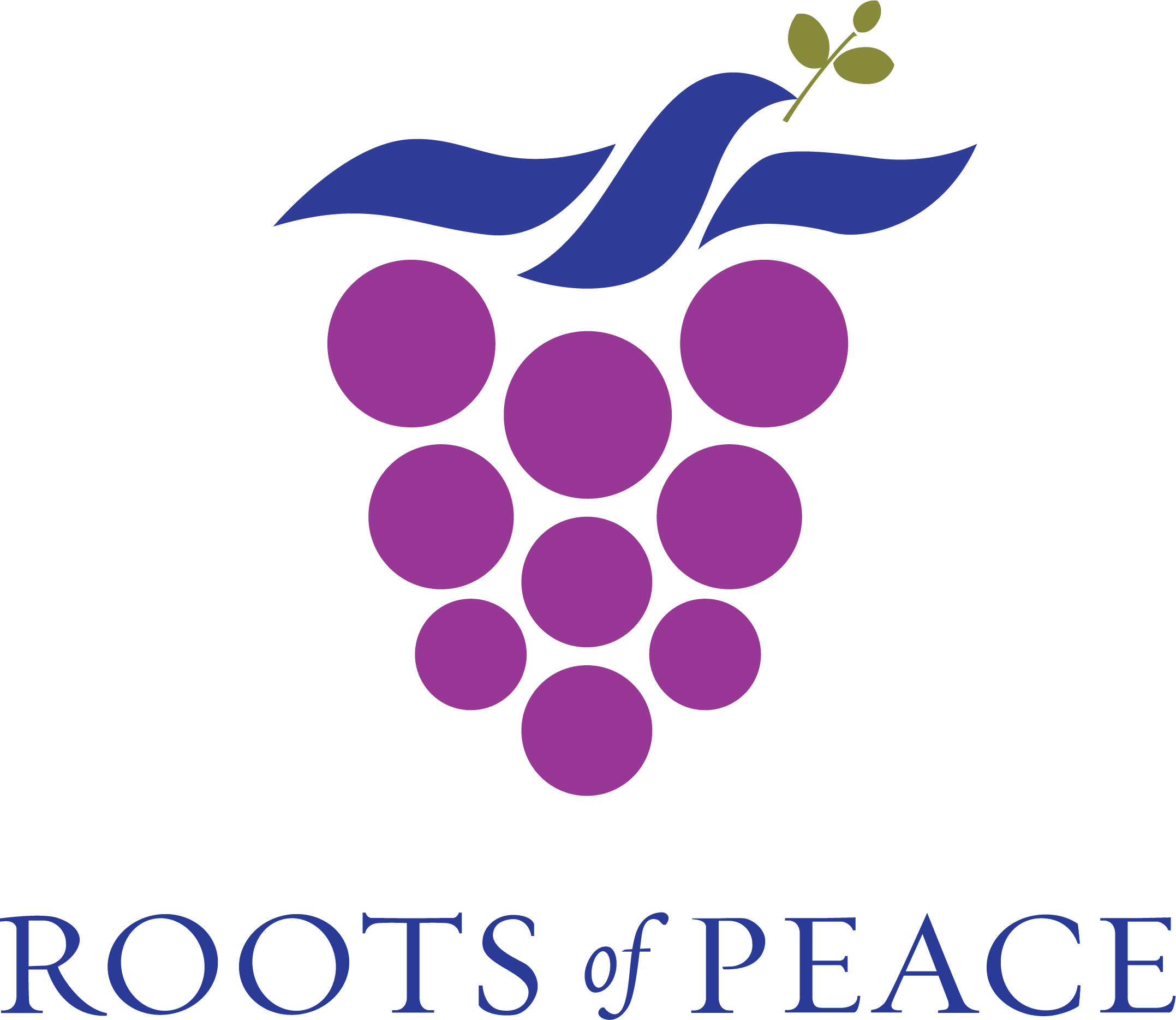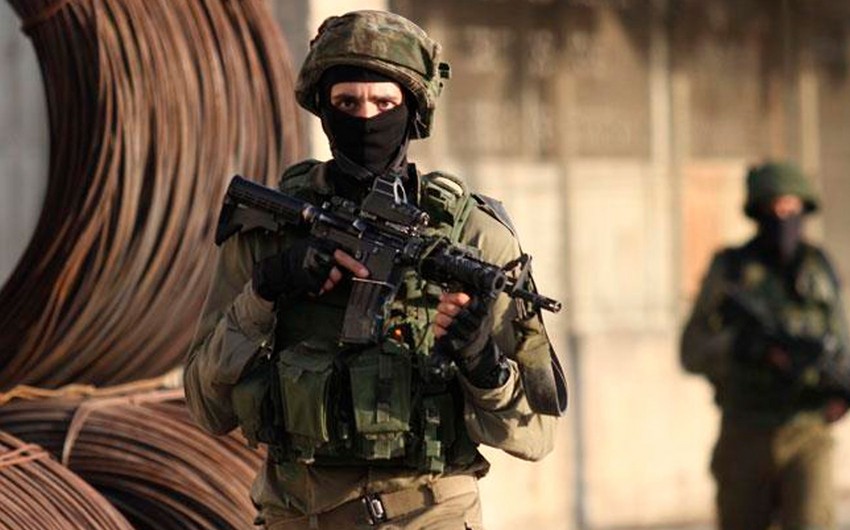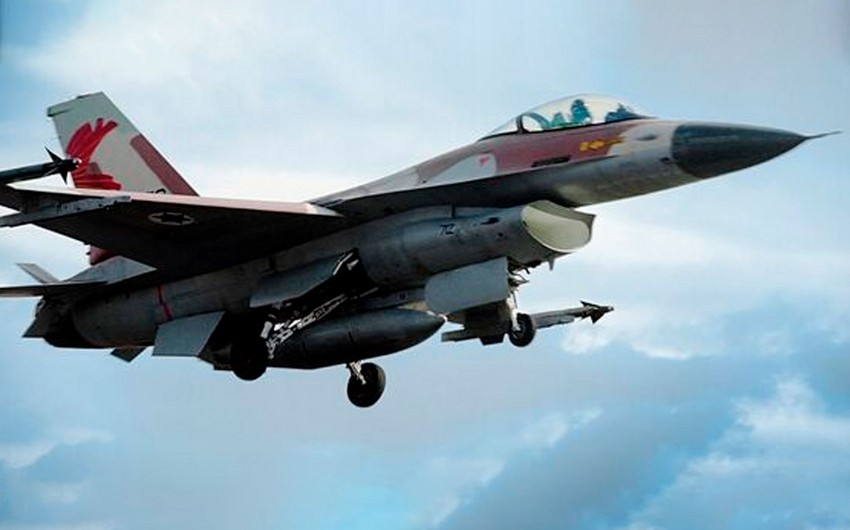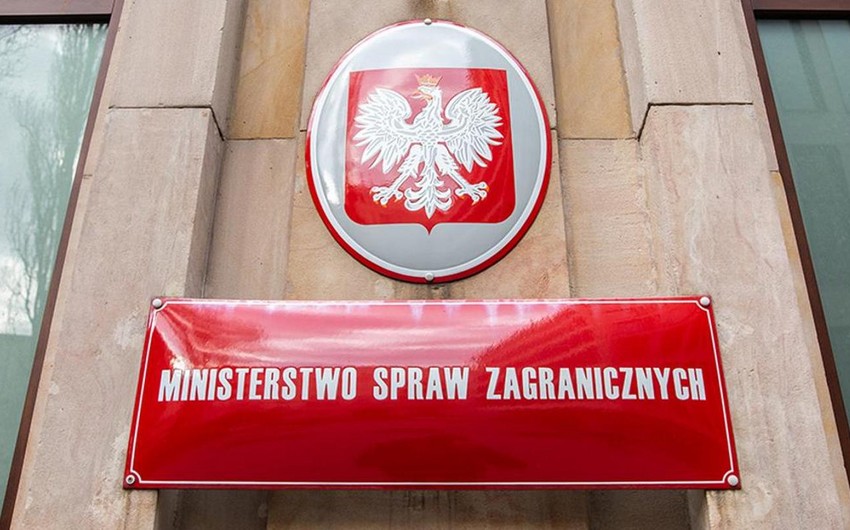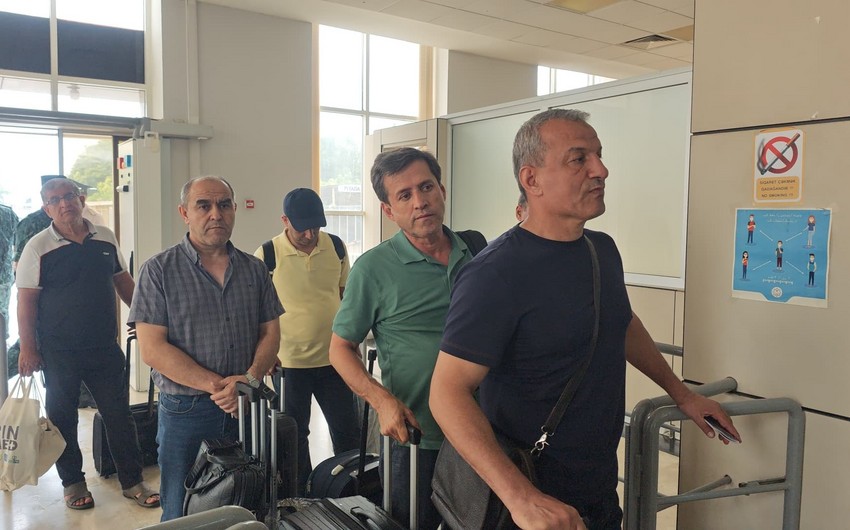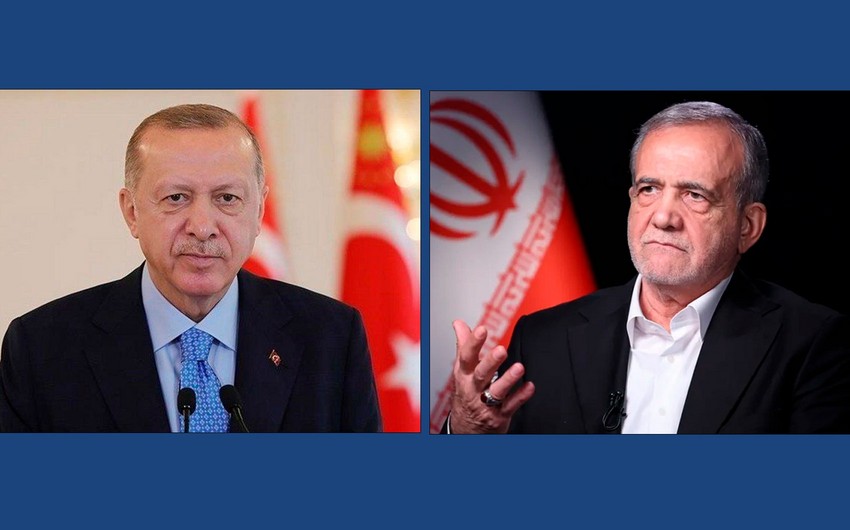On March 27, within the framework of the 58th session of the UN Human Rights Council, a side event titled "Children's Rights in Conflict Zones" was held, organized by the International Eurasia Press Fund (IEPF). During the event, IEPF issued a statement.
"EDnews" reports, in the statement released by IEPF, it is stated:
Millions of children around the world are experiencing the severe consequences of wars, armed conflicts, and violence. According to the UN Secretary-General's Report on Children and Armed Conflict, more than 300,000 children have been killed or severely injured as a result of armed conflicts in just the last decade. In Syria, Yemen, Sudan, Ukraine, Gaza, and other conflict zones, children's fundamental rights are being violated—they are killed, injured, displaced, and subjected to exploitation. Their basic rights to life, education, protection from violence and exploitation, healthcare, family care, freedom of expression, and participation in decision-making processes that affect them are violated. The protection of children often becomes a secondary priority in these situations.
There is ample evidence that shows state and non-state actors are active violators of children’s rights. Sources and evidence have shown that children are used as child soldiers, and in some cases, states use children as tools to perpetuate hatred and discrimination. Children that are refugees and IDPs also suffer neglect, and data has shown that these children are of high proportionally neglected and deprived of opportunities. Today, the future of war-affected children living in refugee camps and shelters is uncertain and questionable.
Children in Azerbaijan have experienced these consequences and struggles of wars for many years. As a result of ethnic cleansing in 1988-1989, more than 300 thousand Azerbaijanis, including tens of thousands of children, were deported from their homelands from the territory of Armenia. Hundreds of Azerbaijani children lost their lives in the first Karabakh war. Currently, there are thousands of Azerbaijan children who are deprived of education as a result of war, and many living in fear and trauma as a result of the remnants of war.
Children worldwide bear the heaviest burden of war. The impact of these conflicts threatens their future, regardless where these children are. That is why the restoration and full protection of violated children’s rights should be mandatory. Only through the end of conflicts and establishing peace can the future of children be secured.
The international community should not remain silent on this issue, but should take effective and concrete steps. Peace is possible not only through interstate negotiations, but also with the active participation of civil society organizations. We - representatives of civil society - must continue our persistent involvement through advocacy and actions for the protection of peace and human rights. The rights of children, their safety and well-being should always be a priority. We hope that states will begin to take steps to protect children during conflicts and assume their responsibility. We call on the world community to take more decisive steps to stop all wars!


